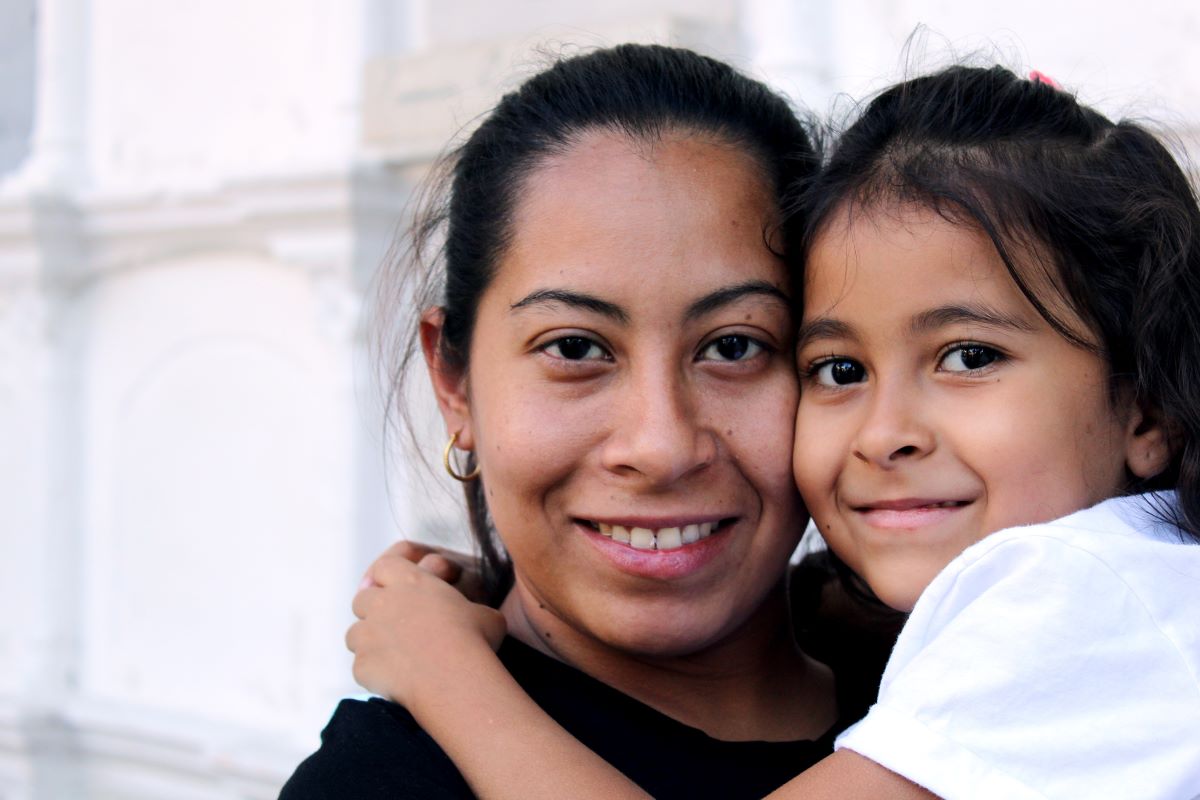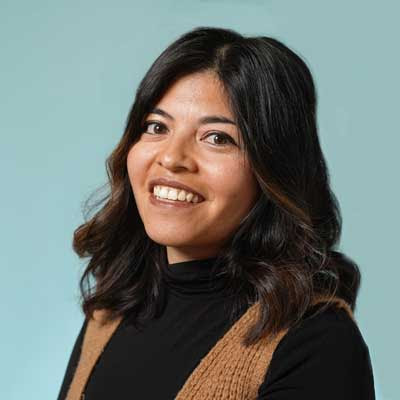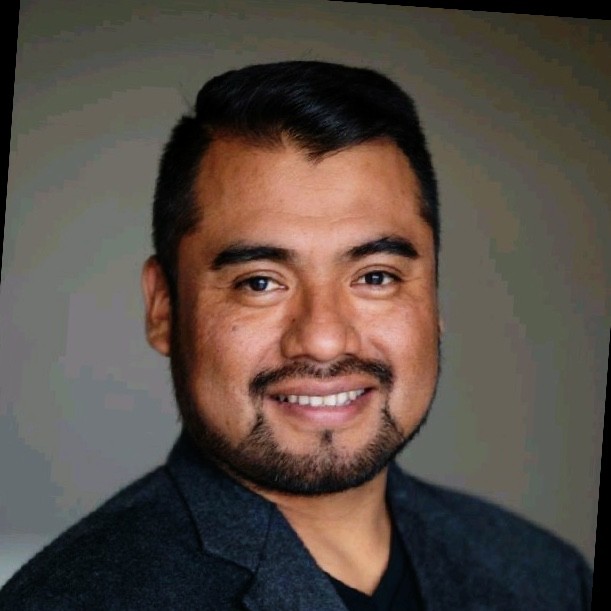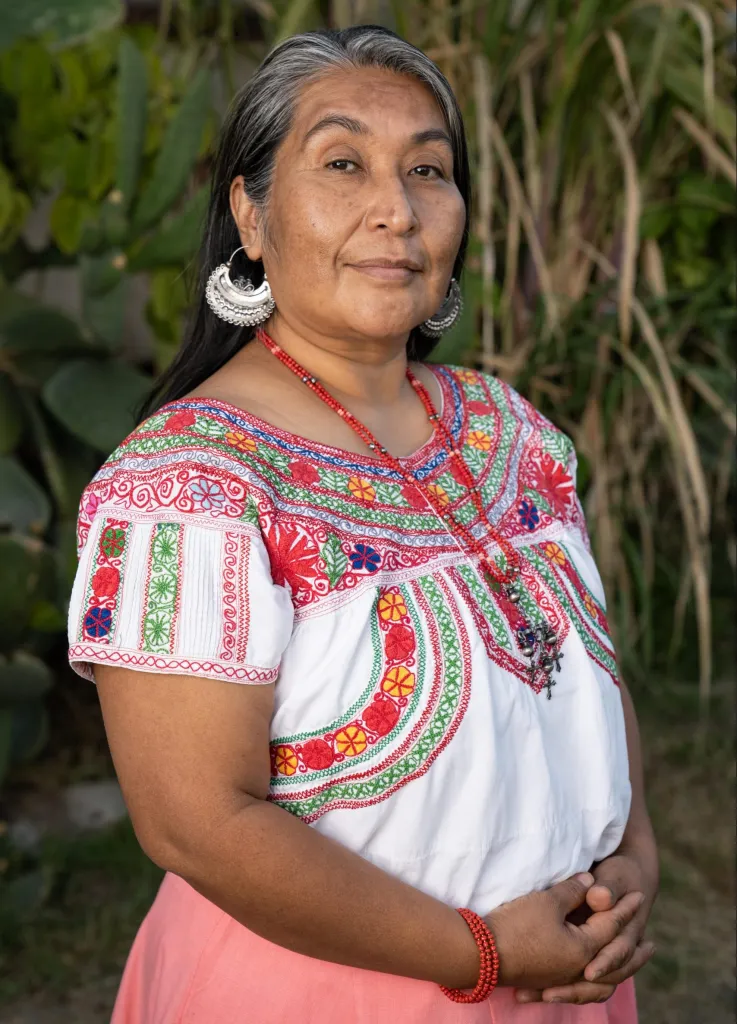California Senate Bill 435 — which proposes to collect disaggregated data on Latino sub-populations as well as indigenous communities — is headed to Governor Gavin Newsom’s desk for signing.
The bill — sponsored by Sen. Lena Gonzalez, a Democrat — was presented to Newsom on Sept. 15, according to Legiscan. The governor normally has 12 days to sign or veto a bill.
During a press briefing Sept. 21, Dr. Seciah Aquino, Executive Director at the Latino Coalition for a Healthy California, said the bill passed the Senate on a 34-0 vote, and the Assembly on a 79-0 vote. “We’re counting on that overwhelming support from Governor Newsom; we know that health equity is a priority for him,” she said.
Meso Americans
Latinos represent 40% of the population in California, from 24 different subgroups including Salvadoran, Honduran, Mexican, Peruvian, Colombian, among many others. SB 435 would disaggregate data for each Latino subgroup. The bill would also disaggregate data for California’s five Mesoamerican nations — Mixteco, Zapoteco, Triqui, Mayan, and Aztec — and the 13 languages they speak.
California is home to an estimated 170,000 indigenous migrants, according to data from the Mixteco Indigena Community Organizing Project.
The California Department of Public Health is the sole agency who would be charged with collecting and disaggregating data from Latino and indigenous communities. Data would be collected through the state’s CalFresh program, a supplemental nutrition program administered by the California Department of Social Services.
The bill requires CDPH to present an initial set of data by July 1, 2027, and annually thereafter.
Fiscal Impact
Aquino said the legislation has a fairly modest fiscal impact, with a $2.1 million budget in the first year, $4 million in the second year, and $900,000 for each year after that. A similar bill to collect data for the diverse Asian American community, passed through the California state Legislature in 2016, with minimal fiscal impact.
“We have to connect the dots between our health and the health of our economy. In California, Latinos contribute $83 billion in taxes, undocumented immigrant workers contribute $3.7 billion in state and local taxes, and we have $184 billion of spending power. So in order to keep our economy healthy, it behooves us to keep that 40% of the population healthy,” said Aquino.
‘We Don’t Exist in the Data’
“Disaggregated data can play a critical role in the enhanced understanding of a specific population’s health needs, trends, and preventable disparities,” said Mar Velez, Director of Policy at the Latino Coalition for a Healthy California. “Rich and accurate data can assist local and state governments to allocate resources equitably and provide services in ways that are culturally and linguistically competent and responsive,” she said.
“We don’t exist in the data,” said Dr. Sarait Martinez, Executive Director of the Centro Binacional para el Desarrollo Indígena Oaxaqueño — CBDIO — The Binational Center for the Development of Oaxacan Indigenous Communities. “When we don’t have data that really help us tailor programs — or address some prevention issues, or lack of access to information or services — it results in people dying or not being able to have those targeted interventions.”
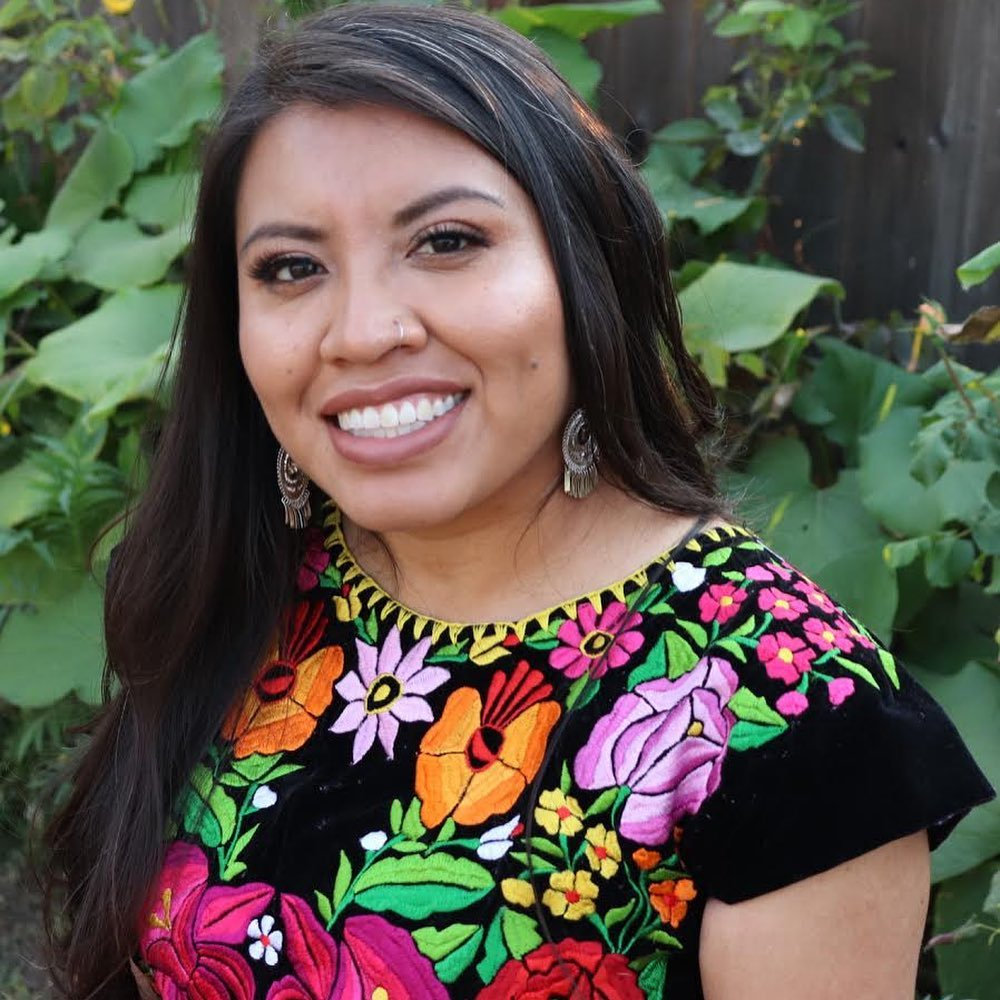
Martinez pointed to natural disasters, and the current fresh wave of the Covid-19 pandemic. “We still haven’t figured out how to better support our targeted communities, unless organizations like ours are doing the work. So I do think it’s important for the state to really prioritize this bill.”
Invisibility of Cultures
Arcenio Lopez, Executive Director of the Mixteco Indigena Community Organizing Project — MICOP — noted that Mesoamericans have lived on the North American continent for at least 10,000 years. “We still have our own culture, ways of living. We speak our own indigenous languages, not dialects from Spanish.”
About 7 of 10 indigenous farmworkers in California come from Mexico, said Lopez. “There’s a lot of invisibility of our communities. We are being trapped under the corollary of Latinx, Hispanic.”
Promotoras
“There’s a lot of assumption that you speak Spanish, but that’s not necessarily the case,” said Lopez, noting the lack of language makes accessing health care and legal services extremely difficult. “Providing language access is just a basic human right, especially to the original people of this continent.”
Lopez advocated for the use of promotoras — lay people who work in the community as trusted messengers of credible health information. He also advocated for the state to invest in community-based organizations, and to hire from within the community. “People are already doing work in our communities and have already built trust. Empower them,” he said.
‘Language Violence’
Odilia Romero, Executive Director of Comunidades Indígenas en Liderazgo — CIELO — said her organization has already embarked on an initiative to collect data about indigenous communities in Los Angeles County.
“The governor needs to acknowledge our contributions. The state of California has a large economy that will not exist without the hands, the multilingual veins of indigenous people,” said Romero.
“It is us that pick the onions, the vegetables, the grapes. It is us that packs them. It is indigenous people that keep alive this economy that California has.”
“And for us to not exist in data is a violation of our human rights. It’s a violation of our existence, by erasing us and labeling us as Latinos,” she said.



